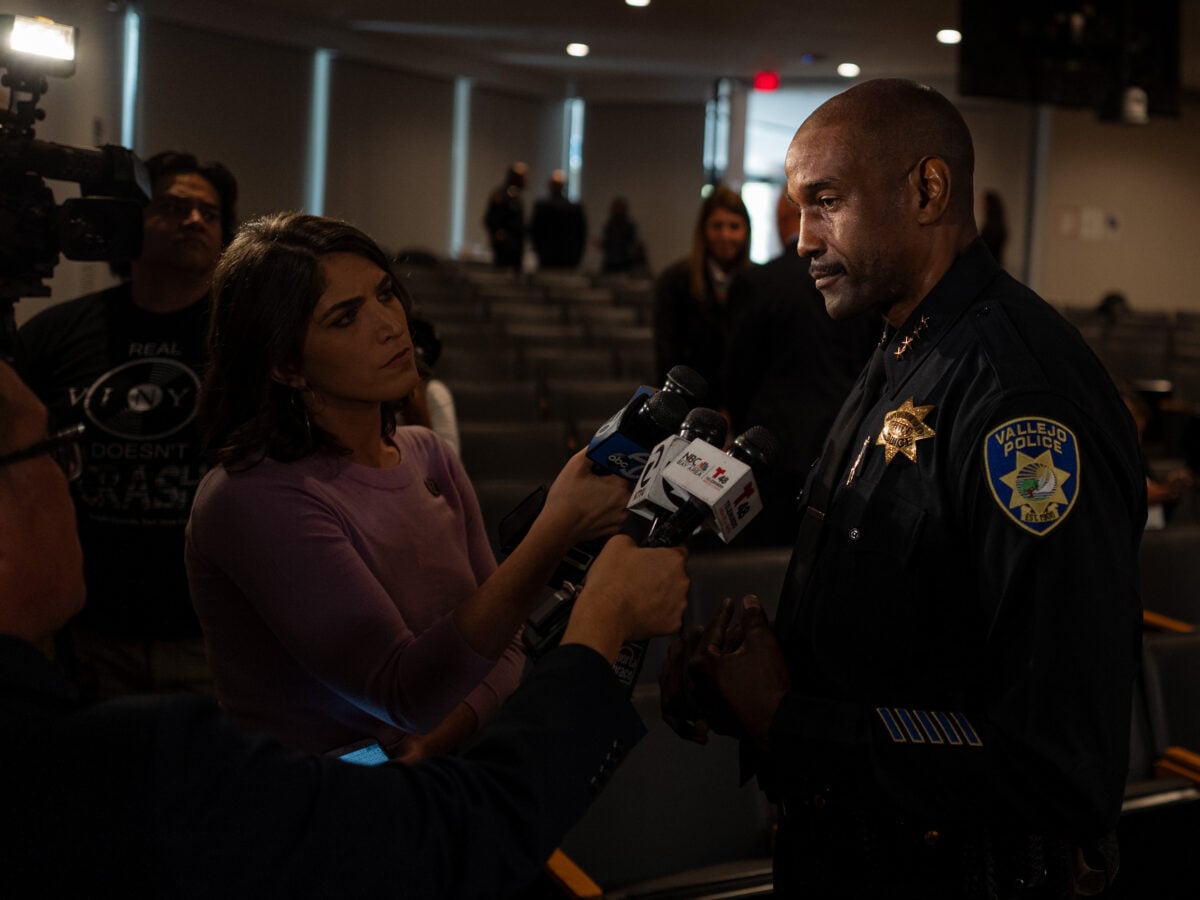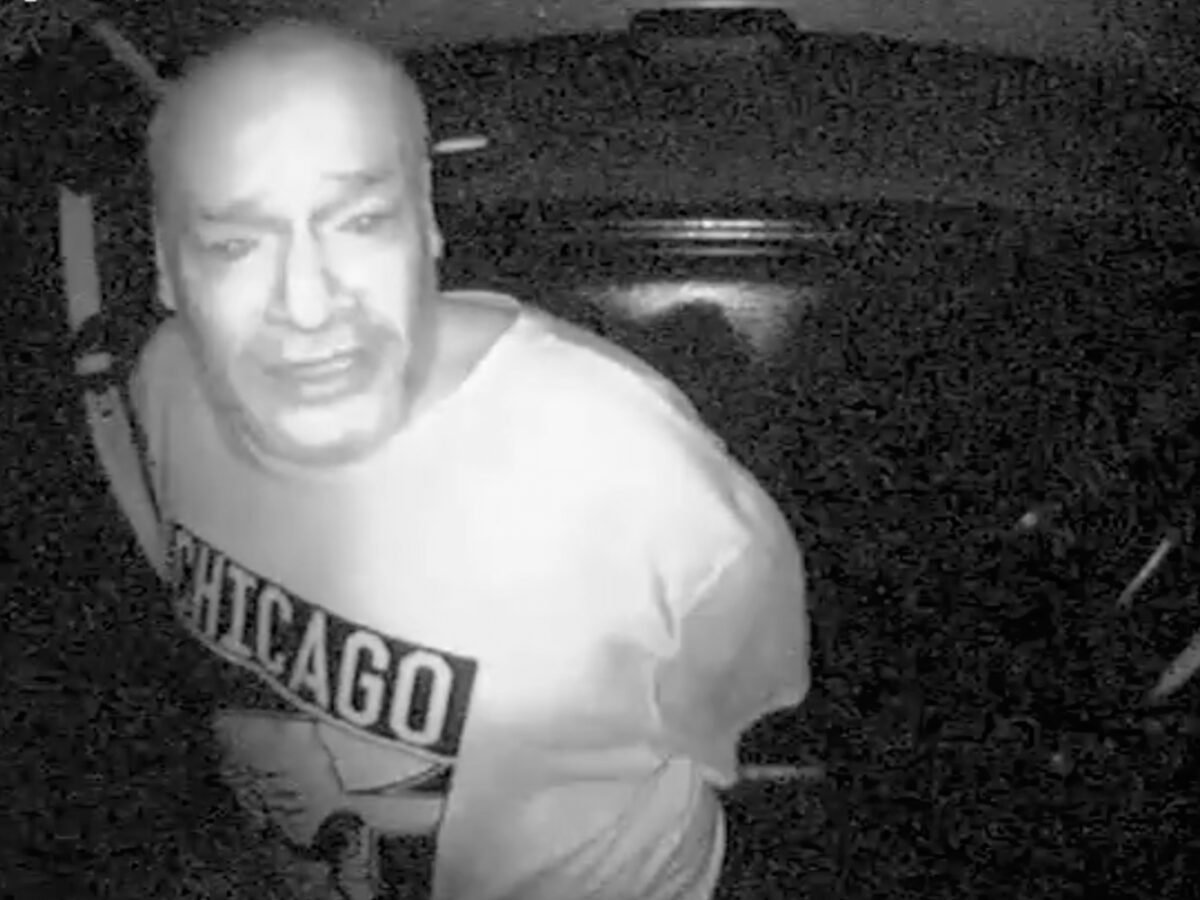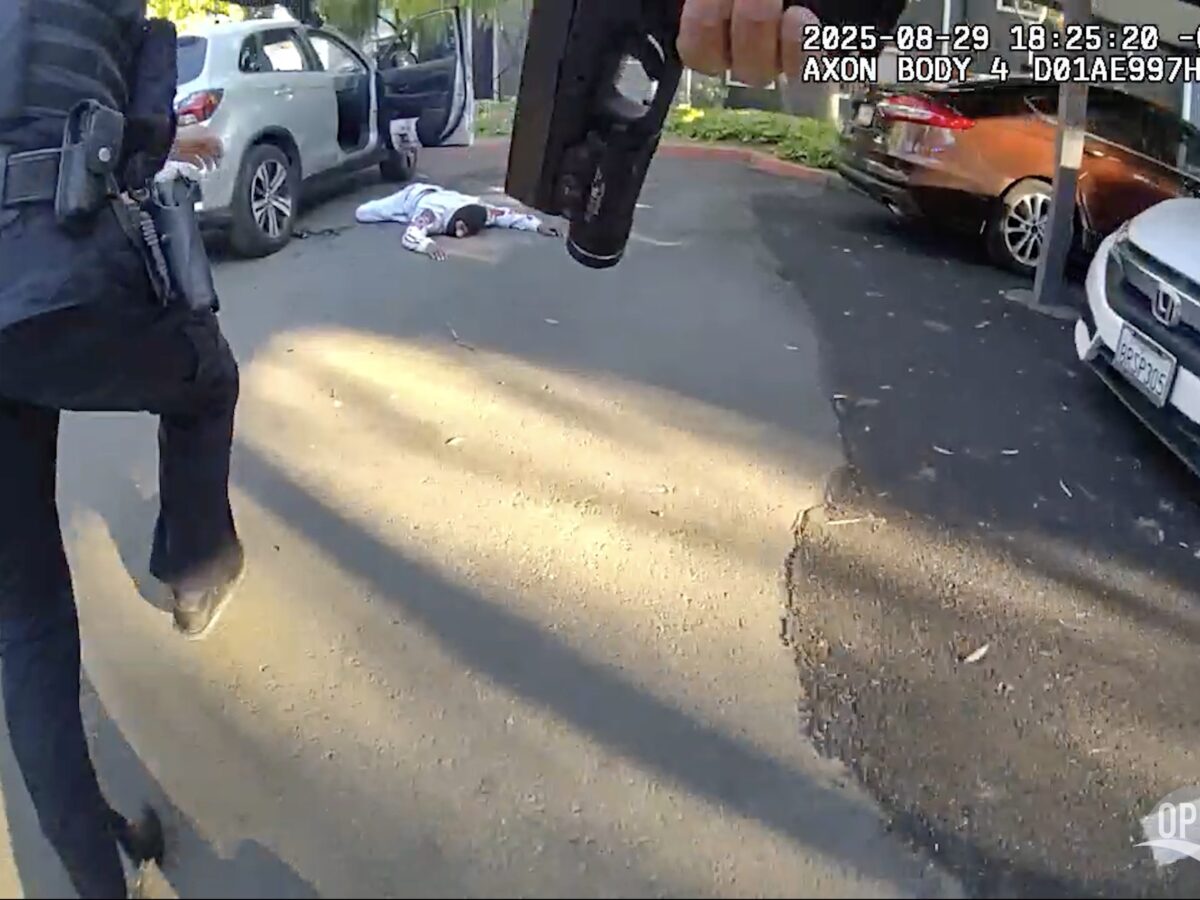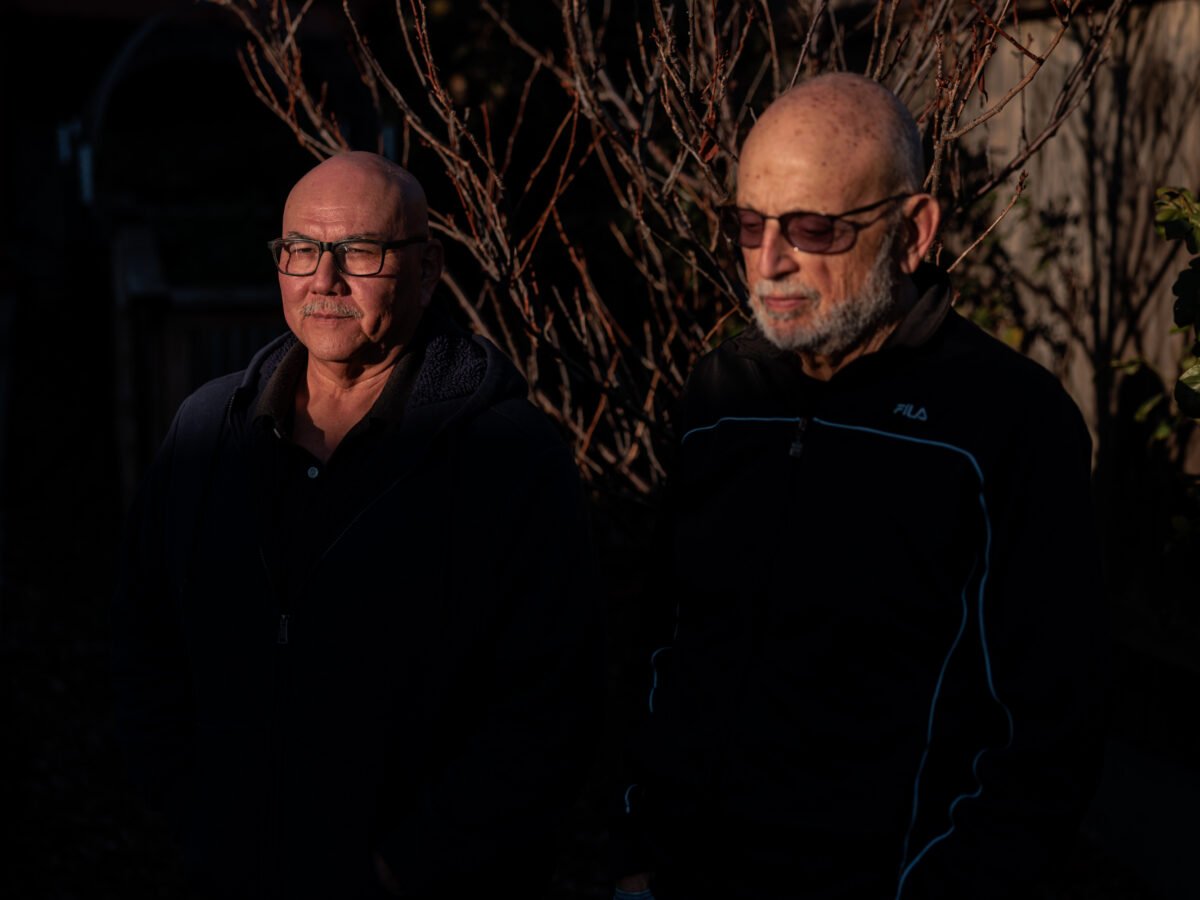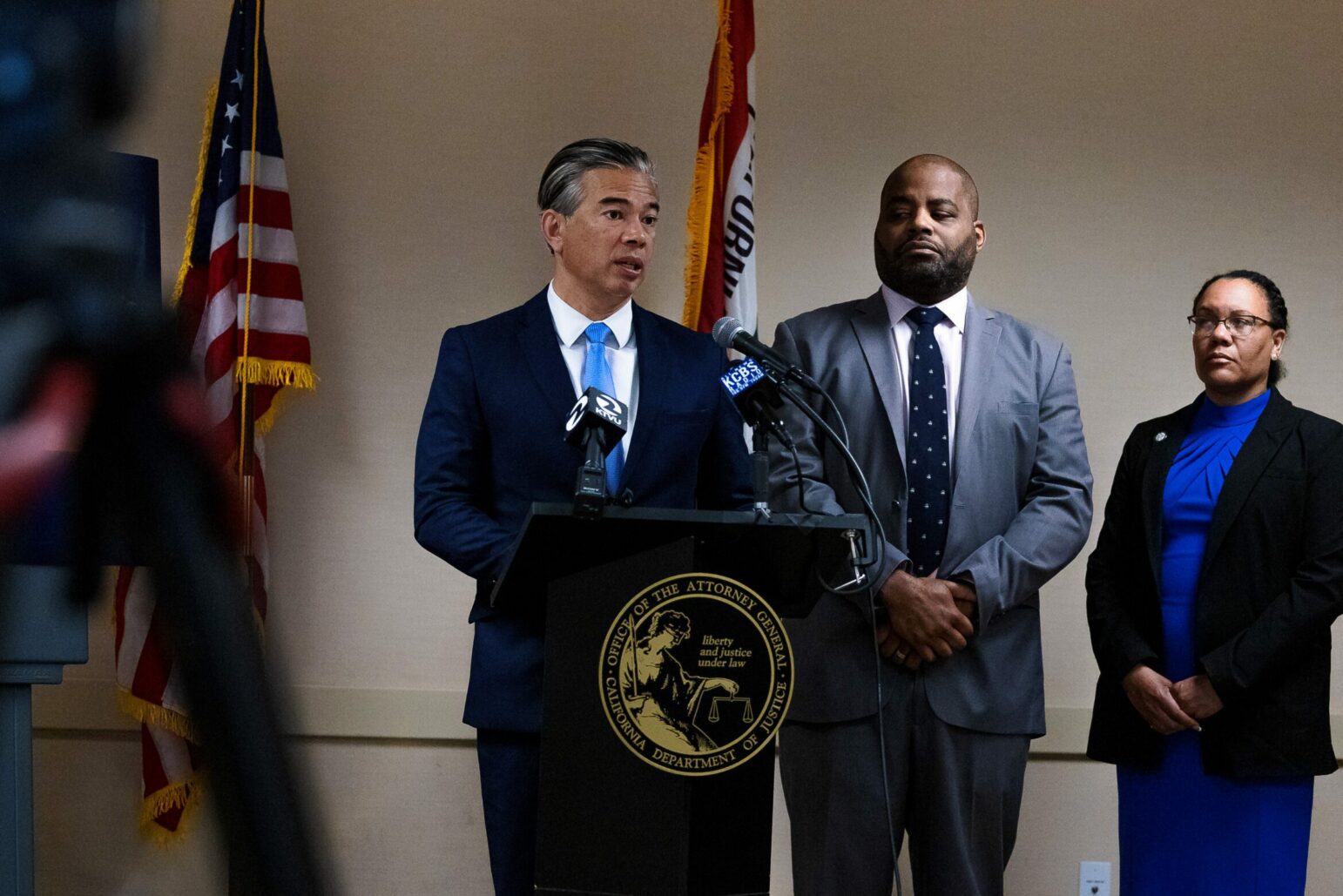
The Department of Justice’s reform agreement with Vallejo, which was launched by Bonta’s predecessor in June 2020 over the “number and nature” of police shootings here, is set to expire next month. But Bonta’s comments on Wednesday suggest the DOJ’s work in Vallejo is far from over.
“Our interest and focus on Vallejo, its practices and policies, has not changed. What may change is how we are involved in shaping and reforming those policies,” Bonta said in response to a question from Open Vallejo at the press conference.
“If there is an opportunity for ongoing collaborative reform work, we invite that,” Bonta said. “If there’s an opportunity for another type of approach, including a pattern or practice investigation, that’s on the table as well.”
Presented with a recording of the attorney general’s remarks Thursday, Vallejo spokesperson Christina Lee said the city remains committed to working with his office.
“We are going to continue with our collaborative reform efforts with the DOJ,” Lee told Open Vallejo.
The attorney general made the remarks during a press conference announcing a major civil rights investigation into the Antioch Police Department, which has been beset by recent revelations of racist text messages and alleged civil rights violations. The text messages were uncovered in the course of a separate criminal investigation by the FBI and Contra Costa County District Attorney’s Office.
The California DOJ has been investigating Vallejo police since at least May of 2020, when records show the agency began demanding the city disclose an array of police records. The following month, a Vallejo police detective with three prior shootings killed 22-year-old Sean Monterrosa from the backseat of an unmarked police truck. Days after that, the DOJ and Vallejo jointly announced a collaborative agreement to reform the department.
Progress on those reforms soon faltered, however. More than two years into the agreement, Open Vallejo, in collaboration with ProPublica, uncovered that the city had implemented just two of at least 45 reforms overseen by the Department of Justice.
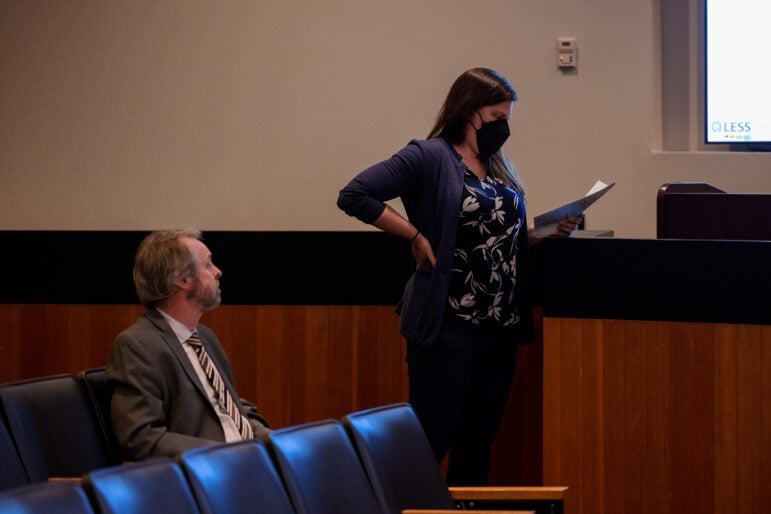
Geoffrey King / Open Vallejo
Vallejo resident Andrea Sorce reviews her notes prior to speaking at the May 10, 2023 meeting of the Vallejo City Council, as Chief Assistant City Attorney Randy Risner looks on. Credit: Geoffrey King / Open VallejoLocal advocates have grown increasingly concerned that the state DOJ would leave Vallejo without meaningful reforms in place. On Sunday, the Solano County chapter of the American Civil Liberties Union launched a petition calling on Bonta to enter a stipulated agreement with Vallejo in order to establish a court-supervised monitor to oversee the reforms.
Bonta also appeared to suggest the departure of former Vallejo Police Chief Shawny Williams in November further hindered the collaborative reform process.
“We had the cooperative reform, collaborative reform approach in Vallejo,” Bonta said. “The police chief that we worked with on that is not there anymore. And so we’re going to have to determine what happens next.”
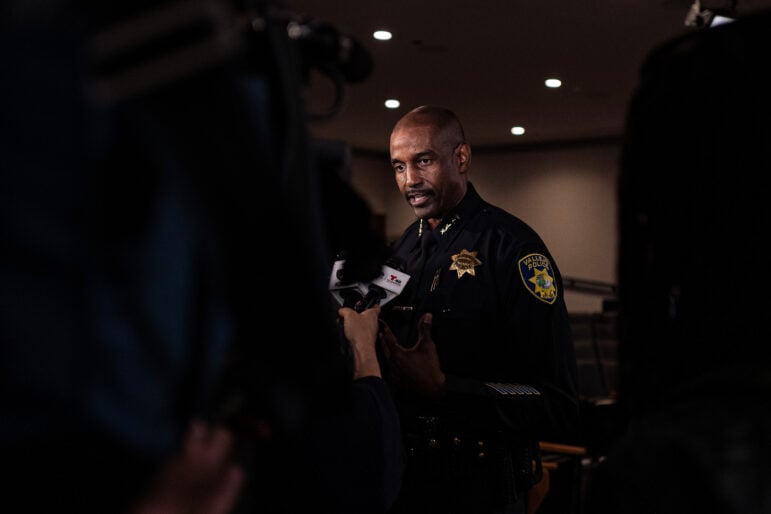
Geoffrey King / Open Vallejo
Vallejo Police Chief Shawny Williams speaks with members of the media inside the Vallejo City Council chambers after being sworn in on Nov. 12, 2019. Credit: Geoffrey King / Open VallejoOver the course of his three-year tenure in Vallejo, Williams faced consistent opposition from the Vallejo Police Officers’ Association, culminating in a vote of no-confidence against the chief in December 2021. In the weeks before he announced his resignation, Williams also received an alarming communication from an anonymous sender, sources told Open Vallejo. It remains unclear whether an investigation was launched into the matter.
Former Vallejo Police Chief Shawny Williams and the California Department of Justice did not respond to requests for comment. Lee, the city’s spokesperson, said she was not familiar with the incident.
Deputy Police Chief Jason Ta was promoted to interim police chief following Williams’ resignation.
Bonta’s public comments are likely to place significant pressure on Ta and the Vallejo City Council, which just this week approved the application process for the city’s Police Oversight and Accountability Commission — a reform goal established by the DOJ nearly three years ago.

